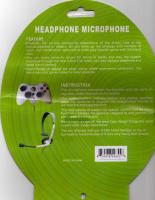 Today as I washed my hands in the office bathroom, I noticed that the building has changed the soap in the dispensers. The old soap was basically unscented (although it did take on an unpleasant rusty smell from the dispenser itself), whereas the new soap has a strangely familiar, slightly fruity scent.
Today as I washed my hands in the office bathroom, I noticed that the building has changed the soap in the dispensers. The old soap was basically unscented (although it did take on an unpleasant rusty smell from the dispenser itself), whereas the new soap has a strangely familiar, slightly fruity scent.
I knew immediately that it was the smell of something I ate a lot of as a kid back in the ’80s. My first thought was that it was Pac-Man cereal, but I knew that wasn’t right. So as I walked back to my desk, I sniffed my hands, straining my brain to identify the scent. And then it hit me. I couldn’t remember what they were called, but I distinctly saw a long-gone Wonka brand candy. I described it to my coworkers as having “a sour taste and chalky texture similar to SweeTarts, and they came in a little box similar to Nerds, but they were tiny cylinders.”
So naturally I found my answer by googling “candy sweet tarts tiny cylinders,” which, equally naturally, led me to Wikipedia, and the answer: Tart ‘n’ Tinys. And then to the disappointing reminder that sometime in the ’90s, Wonka reinvented Tart ‘n’ Tinys with a disgusting Spree-like coating. What’s the point? The candy that I remember is no more. I can’t even find a picture online of what they originally looked like. All I have left is the lingering scent of questionable hand soap and the vivid memory of my tongue turning raw from sucking on 20 or 30 tiny, pointy, chalky cylinders at a time.


